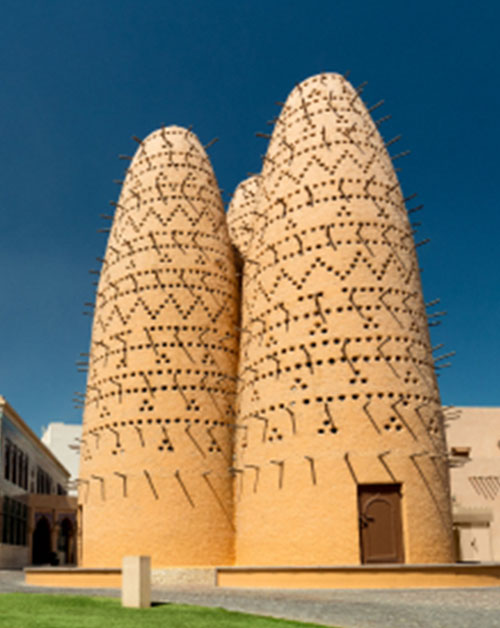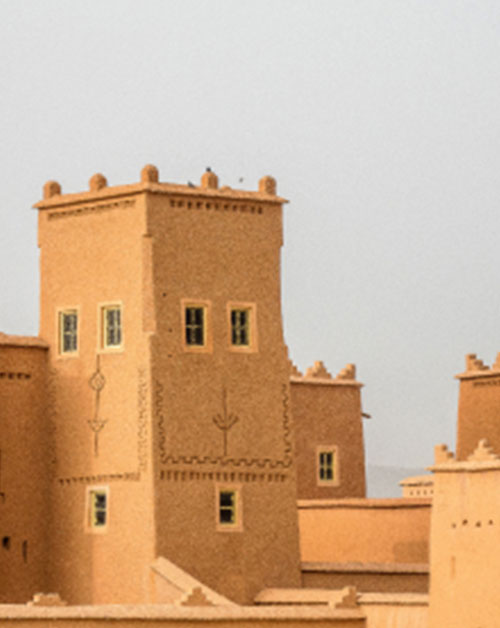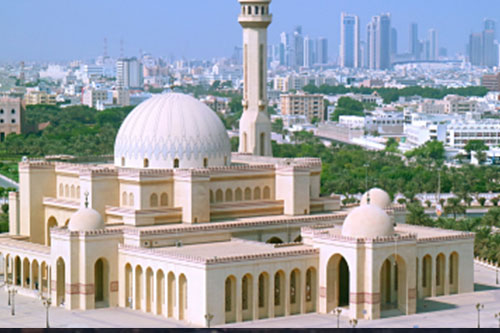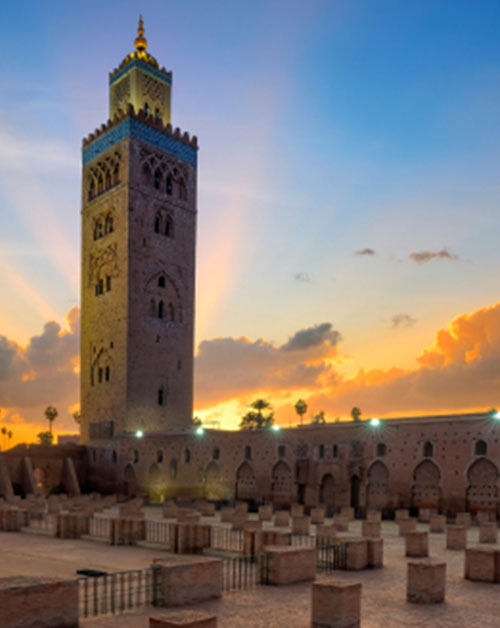The Institute hosted the fourteenth session of its “Cities in Action” webinar series, titled “Urban Primacy in the Arab world: Its Causes, Manifestations, and Consequences of Growth.”
June 30, 2025 | 05 Muharram 1446 AH
The Arab Urban Development Institute held the fourteenth session of its Cities in Action webinar series on Monday evening, 05 Muharram 1446 AH (corresponding to June 30, 2025), with the participation of numerous specialists and professionals engaged in urban development.
Dr. Abdulla Difalla, moderator of the webinar and Professor of Urban Planning, began the session with an overview of the webinar series and highlighted its importance in enriching the discussion on urban development across all Arab cities. He also stressed that the benefit of these sessions lies in identifying pioneering urban development projects and exchanging ideas on mechanisms and the elements of success.
The meeting began with a presentation by Eng. Eman Ibrahim Malkawai, is an accomplished Director of an architectural and engineering design office, holding a master’s degree in urban planning. A dedicated researcher with expertise in urban primacy and a strong focus on advancing balanced and sustainable urban development.
Engineer Eman showcased the the historical and political backgrounds of the phenomenon of urban hegemony, represented by the excessive concentration of resources and opportunities in major cities, especially capitals, at the expense of medium and small cities, indicating that its causes go beyond economic aspects to include centralized systems, weak regional planning, and preference for investments in major centers.
She explained that this dominance appears in several tangible manifestations, including: the imbalance in population distribution, the concentration of institutions and job opportunities in major cities, varying levels of services and infrastructure, and the migration of talent from peripheral regions to centers, which deepens development disparities.
She emphasized that addressing urban dominance requires a strategic vision that enhances the role of secondary cities, supports balanced planning, and stimulates investment in less developed regions, with the need to involve the local community and link policies to the city’s sustainable development goals.
At the conclusion of the meeting, Dr. Abdulla Difalla expressed his gratitude to the attendees for their engagement and valuable contributions. He praised Eng. Eman Ibrahim Malkawai for his exceptional leadership in guiding the project and emphasized the importance of continuing such meetings to foster collaboration and knowledge exchange among urban development professionals.














